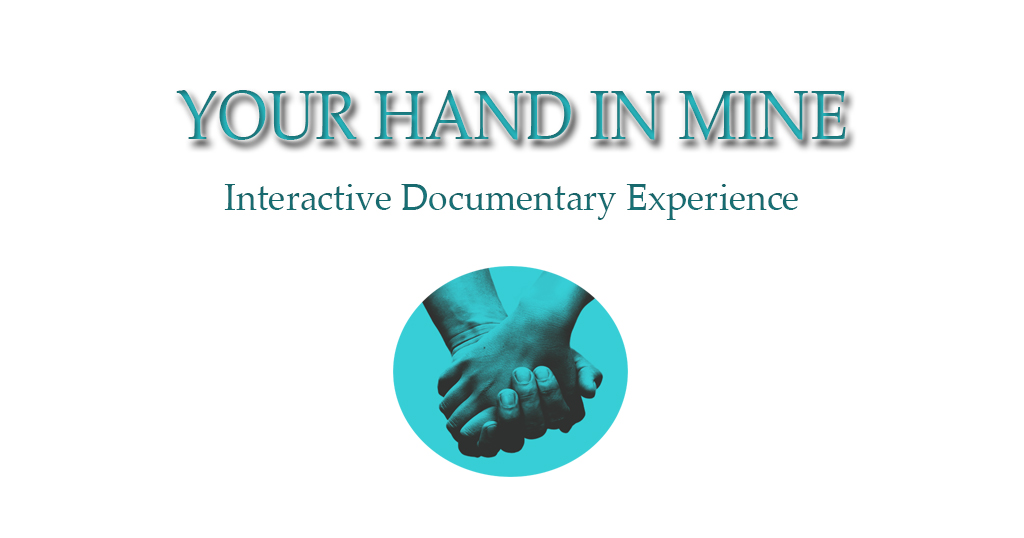For people who feel powerless, who feel that the whole world is looking at them and judging them, what could be more important to that person’s recovery than a friend who offers them unconditional support?
There’s no substitute for friendship and love when it comes to recovering from mental illness. Just as Nicole relied on Kristen’s support, having a support system can make a world of difference in helping a person’s recovery from disordered eating.
The type of eating disorder that Nicole had (Anorexia Nervosa) primarily affects women although men do also suffer from it. Women comprise approximately 90% of eating disorder patients and make up the vast majority of those on the “under eating” side of the scale.
Many people have a desire to be thin but the difference between someone with an eating disorder and someone without one is that the person with the eating disorder does not feel thin even as they are becoming emaciated.
As Nicole mentioned, there is also sometimes an element of control involved for some sufferers whereby, feeling as though they can’t control what is going on in their external environment (e.g. work, school etc.), the sufferer seeks to claim control over their weight.
There is also, of course, the constant sexualization of women’s bodies in the mass media and the unrealistic portrayal of female body types that gets promoted in popular culture, both of which undoubtedly contribute to things like eating disorders (among other illnesses) as well.
Eating disorders are treatable, using a combination of Cognitive Behavioural Therapy, psychiatry, and sometimes, as in Nicole’s case, a period of supervised hospitalization which will get the patient back on track to a healthy weight. If you or your friend is in danger of developing disordered eating, there are many community resource centres and clinics that can help.
University-age youth like Kristen and Nicole are the most at-risk population for developing mental illnesses. Luckily, almost every university in Canada has accommodated this by expanding their mental health program and resources and by providing free-of-charge mental health counselling to students.
McMaster University’s Mental Health team
McMaster University, through their Student Wellness Centre, offers counselling services and assistance of an experienced counsellor to students. Psychiatry services are provided at the Student Wellness Centre. They also offer group counselling and wellness activities.
Wellness@Mac University
A newsletter published by the Student Wellness Centre at McMaster University
AMS Peer Support Centre @ Queen’s University
The Peer Support Centre is consists of a dedicated group of trained student volunteers who, offer social and personal peer-based support to students at Queen’s University. The centre provides a safe and confidential environment.
Resources like these are available at almost every university in Canada. Explore your own campus and ask around; see what is available for you!
Good2Talk
Good2Talk offers post-secondary students 24/7 professional counselling, mental health information and connection to local resources.
Tel: 1-866-925-5454 – http://good2talk.ca
Kyla Fox Centre, Toronto
It is an eating disorder recovery centre in Toronto. They provide treatments ranging from 7 days per week to 10 hours per day.
Sheena’s Place
Sheena’s Place offer hope and support to individuals aged 17 and over as well as friends and families affected by eating disorders by providing a wide range of professionally facilitated support groups and services.
http://sheenasplace.org/about-sheenas-place/ – 416- 927-8900
National Eating Disorder Information Center (NEDIC)
NEDIC is a non-profit organization which provides information and resources on eating disorders and food and weight preoccupation. It is part of the University Health Network, Toronto, Ontario.
ConnexOntario
Has a Mental Health Helpline which lists eating disorder programs in Ontario
1-866-531-2600
